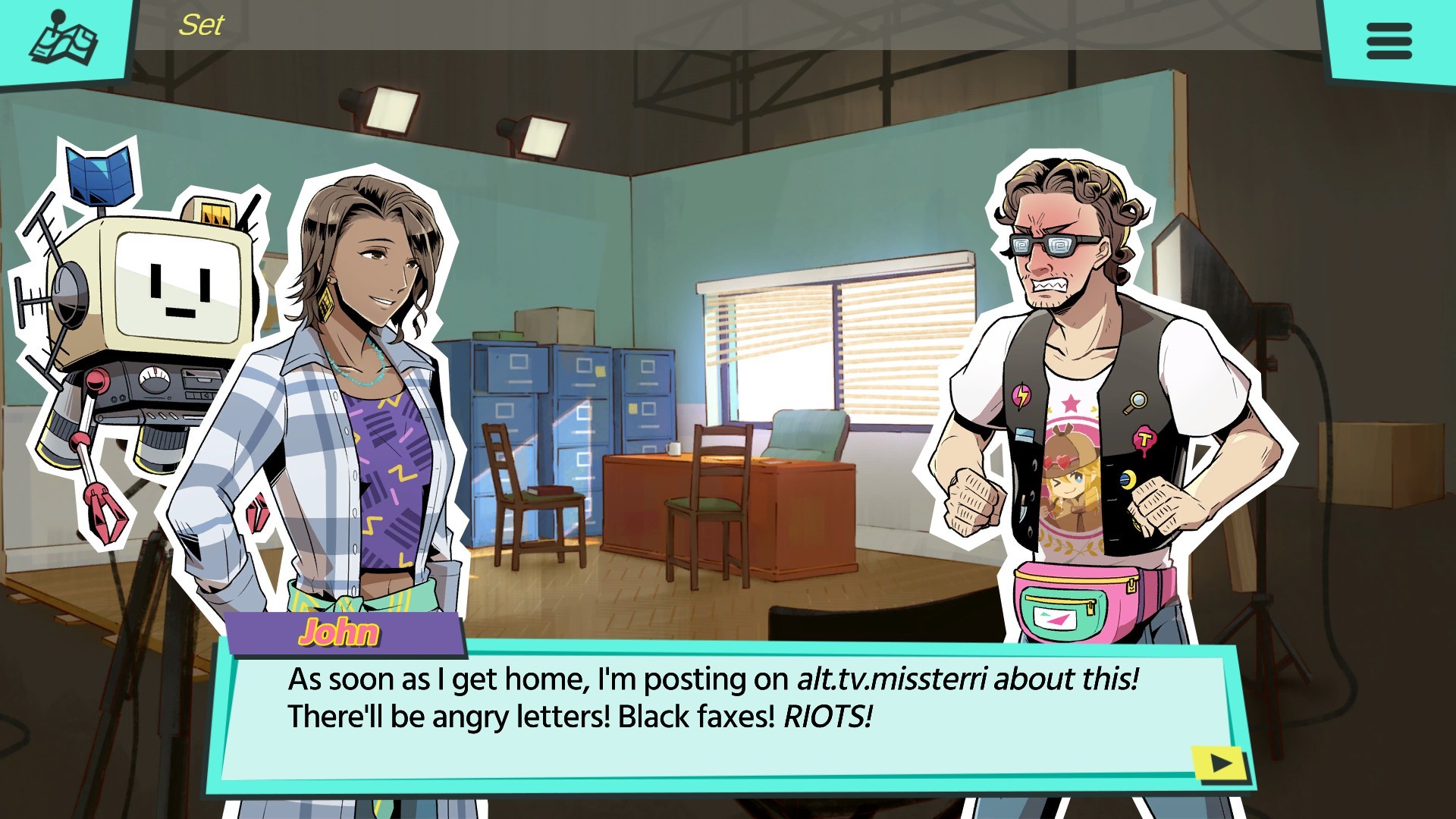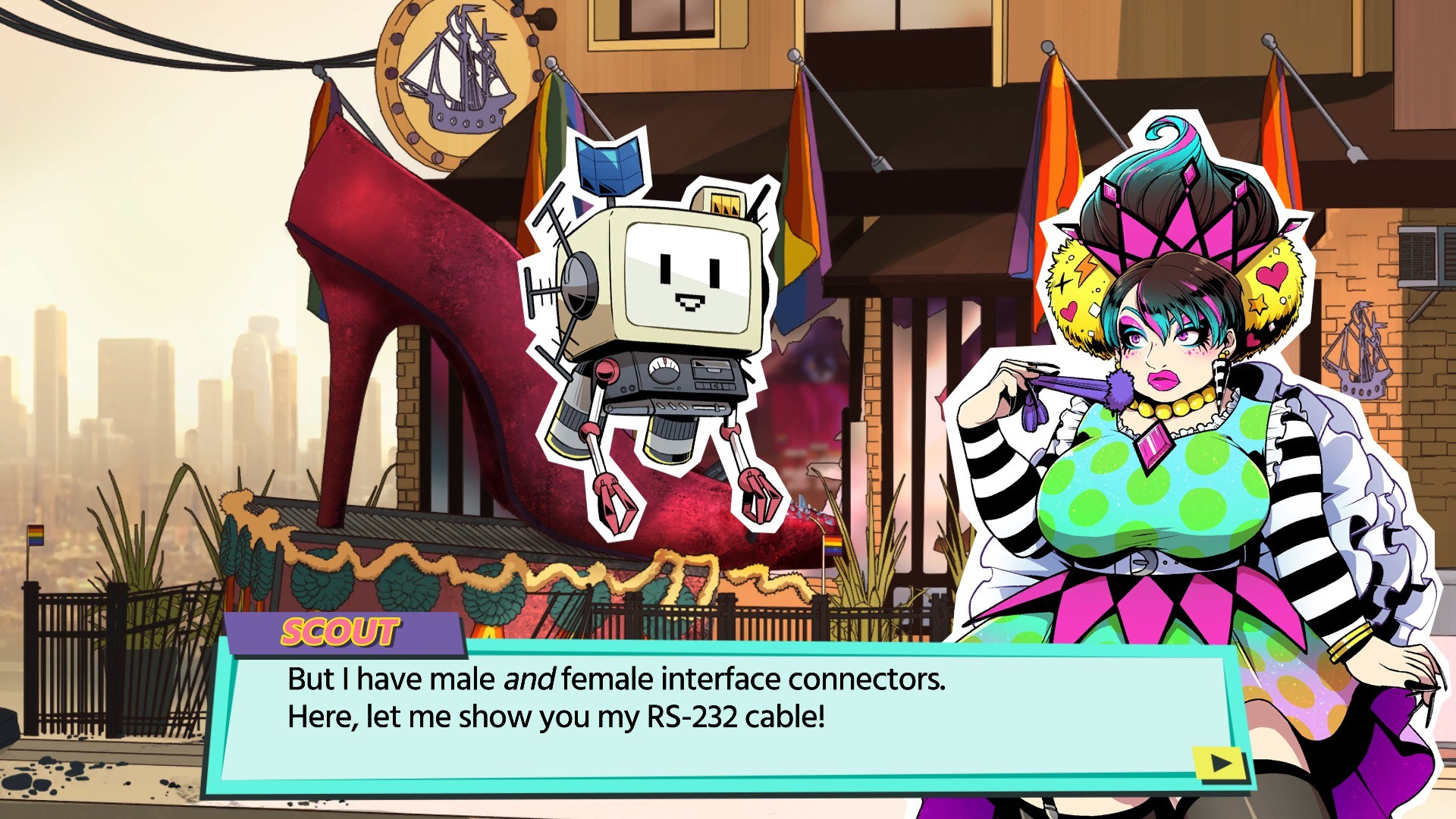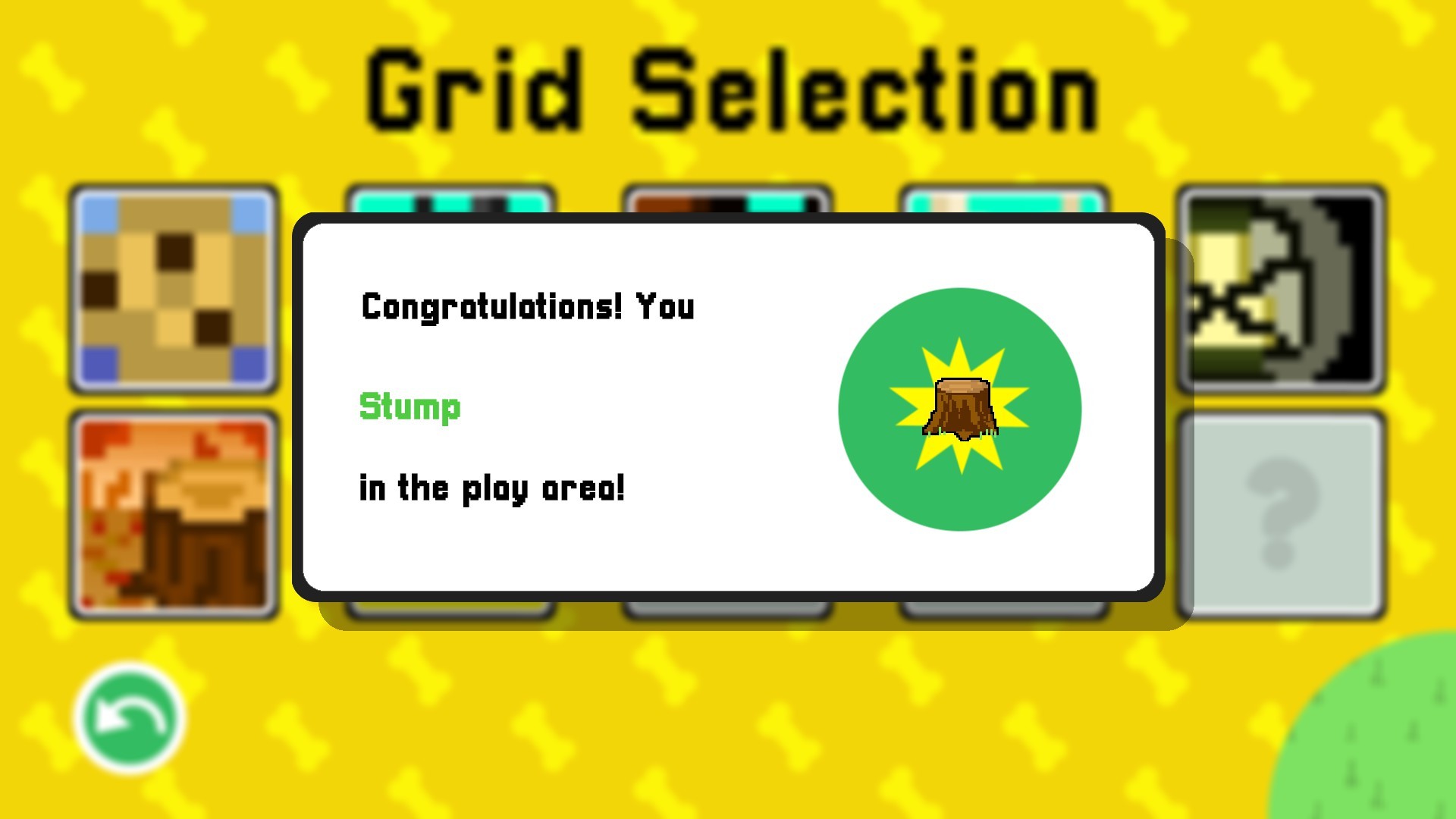Meine Unannehmlichkeiten (my inconvenience)
"That's it?"
Wolfenstein II: The New Colossus achieves the same bombastic narrative heights as its predecessor, The New Order. Eventually. And briefly.
In its first half, The New Colossus is ... depressing. Our dear friend B.J. Blazkowicz was gravely injured at the end of TNO, and the sequel's intro doesn't let up: B.J. is stuck in a wheelchair, resistance headquarters is attacked by Frau Engel, Caroline gets her fuckin' head cut off -- it's dark. The game's opening mission lays the pathos on thick, well beyond what's necessary to establish some Nazi-killin' motivation.
But this call to action doesn't actually turn into action until several missions later. The next handful of hours are filled with not just forgettable objectives and locales, but also with the protagonist feeling sorry for himself, as conveyed by frequent mid-mission sad-sack soliloquies. What could have been a poignant plot revelation about B.J. acknowledging his mortality goes on for far too long, and instead becomes a quagmire of melancholy melodrama.
Fortunately, a ladder out of this rut appears once you meet up with the Manhattan resistance leaders, who join B.J.'s crew and immediately turn this self-flaggelating bullshit around into killin' fuckin' Nazis. From here you'll nuke an enemy stronghold, assault a prison camp to rescue more sympathizers, infiltrate a damn Venusian base, and plan an attack on the propaganda machine to rouse the Americans against their oppressors.
These absurd plot events finally feel like a worthy follow-up to The New Order, setting the stage for an epic, ridiculous guerrilla war to liberate America. And then... the game is over.
Its last mission feels like the set-up to a final third of the campaign - hell, the artifact that Set is obsessing over is a clear macguffin for something - but this never comes. There are optional side-missions (which are bafflingly inaccessible until the very end), and you can revisit earlier levels to recover missed collectibles, but, why? The game's "big bad" is dead. The named characters are done developing. All the narrative stakes are gone.
And it doesn't take long to get there, either. HowLongToBeat may say 10-11 hours, but I rounded out this lackluster story in 7, and I am no speed-runner.
Granted, I did play most of the game on a very easy difficulty level. In part, this was because The New Colossus's underwhelming early chapters were simply insufficient motivation for me to keep going through die-and-retry combat loops. But that's just one part.
A much bigger part was that all of my deaths came by surprise. I don't remember The New Order having such minimal visual feedback for taking damage, but here it's seriously like I had no idea my HP was even "low" until B.J. suddenly keeled over. Way too easy for a laser drone to zap away my health without me even noticing, let alone how easy it is for enemies to hide and ambush in these maps.
The map design just seems ... bad. So many arenas are laid out like mazes, and multi-level mazes at that, while the game's map system has a surprisingly hard time marking objectives above or below you. I got lost a lot, especially in the between-missions headquarters map, even when an NPC told me exactly where to go. I could really have used a navigation HUD.
My opinions on the shooting gameplay should, of course, be taken with the grain of salt that I don't really like arcade shooters to begin with. No bones about it, I'm in this game for its story. But The New Order got me into its shooting despite that; The New Colossus really, really didn't.
Its back half succeeds in delivering a thrilling high-action campaign narrative, but is cut short before The New Colossus can really redeem itself. Overall, this sequel failed to live up to the expectations its predecessor so expertly set.
Better than: Wolfenstein: The Old Blood
Not as good as: Wolfenstein: The New Order
Maybe my glasses are rose-tinted, but also not as good as?: Bulletstorm
Progress: Finished on "Can I play, Daddy?" difficulty, did almost no side missions.


